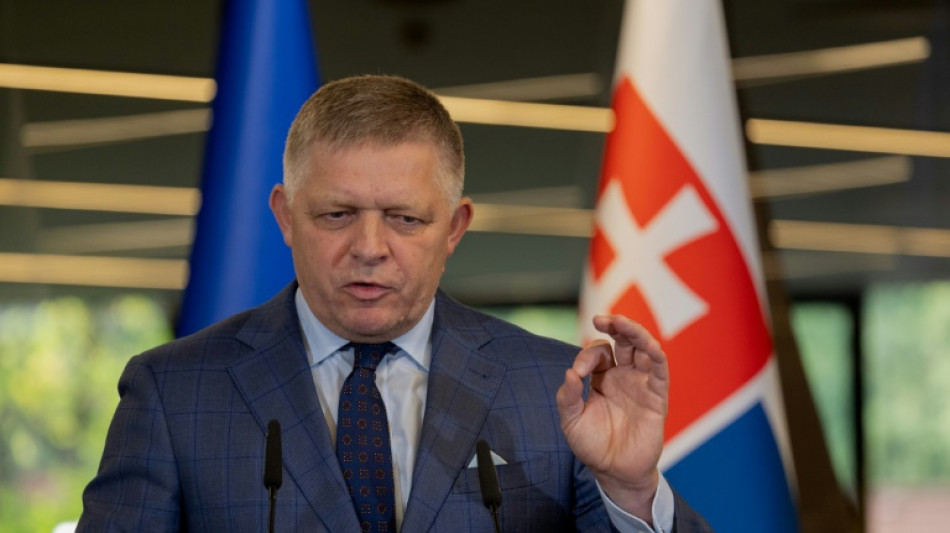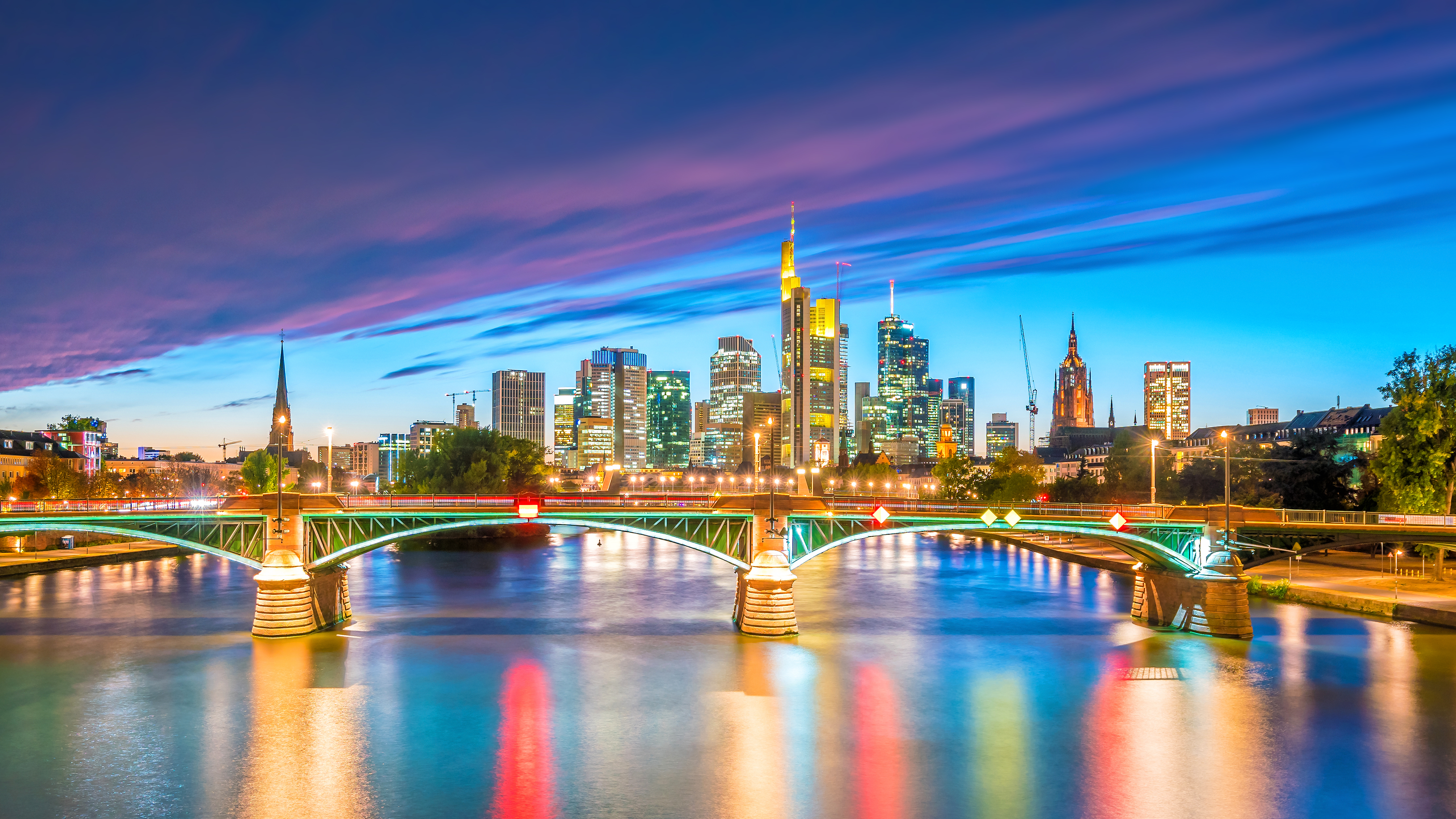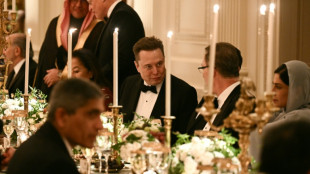

Slovakia approves anti-LGBTQ constitutional change
The Slovak parliament on Friday approved a constitutional amendment to limit LGBTQ rights in a sweeping change, which also sees national law take precedence over European Union law.
Nationalist Prime Minister Robert Fico, who returned to power in 2023, has often been at odds with the 27-nation bloc.
He has faced a series of protests in the EU member over his policies, and Europe's top rights organisation has warned about the amendment.
Parliament approved the amendment with 90 votes in favour in the 150-seat parliament, an unexpected development as several opposition lawmakers backed the measures.
Fico said his country had taken a "historic step", calling it "the best response to the collapse of Western societies, where progressivism and liberalism have been given priority.
"We know that in fundamental ethical issues, our national law must take precedence over international law, which often comes with ideas and opinions that are far removed from the values on which the Slovak Republic is built," he told reporters after the vote.
Earlier this week, two coalition lawmakers had said the vote would be postponed indefinitely, but on Thursday Fico insisted that it would go ahead.
Michal Simecka, leader of the strongest opposition party in parliament, Progressive Slovakia, called the vote "shameful".
The amendment "will hurt the people of Slovakia and call into question Slovakia's place in the EU and its legal space", he said after the vote.
- 'Two sexes' -
Slovakia "recognises only two sexes, male and female", the amendment states -- an echo of US President Donald Trump's inauguration speech.
"Sex cannot be modified except for serious reasons, according to procedures that will be established by law," it continues.
The amendment also only authorises adoption for married couples, with rare exceptions.
Slovakia's constitution already defines marriage as a union between man and woman, following an amendment from 2014 when Fico was also prime minister.
The amendment approved Friday also states that Slovakia's "sovereignty" regarding "cultural and ethical questions" should override EU law.
"Slovakia retains its sovereignty in matters of national identity... health, science, education," and "civil status", according to the amendment.
Earlier this week, the Council of Europe's Venice Commission warned "about the need for the definitions of 'national identity' and 'cultural and ethical issues' not to create a conflict with the existing international obligations of the Slovak Republic".
The legal advisory body also warned "that entrenching a strict binary understanding of sex in the Constitution should not result in justifying discrimination based on sexual orientation or gender identity in subsequent legislation or state measures".
- 'Dangerous decision' -
LGBTI+ group Inakost said the amendment gave the government "a powerful tool to justify all decisions and policies that violate human rights and our international obligations.
"This is one of the most dangerous decisions ever made by the Slovak parliament," the group said on Facebook after the vote.
"This amendment directly threatens our membership in the EU, bringing us even closer to authoritarian Russia."
Since returning to power, Fico, one of the Kremlin's few allies within the EU, has drawn Bratislava closer to Moscow.
"Our partners abroad know that we are politicians who strongly defend Slovakia's national interests," Fico told reporters on Friday. "Just as the American president does, just as the Russian president does, just as the Chinese president does."
Earlier this month, Fico met Russian President Vladimir Putin in China, the Russian leader hailing his "independent position".
Fico has also tightened his grip on what he deems "hostile" media and replaced leading figures in the country's cultural institutions.
Thousands have repeatedly protested this year against his government in the central European country of 5.4 million people, which has been an EU member since 2004.
B.Schmidt--FFMTZ




